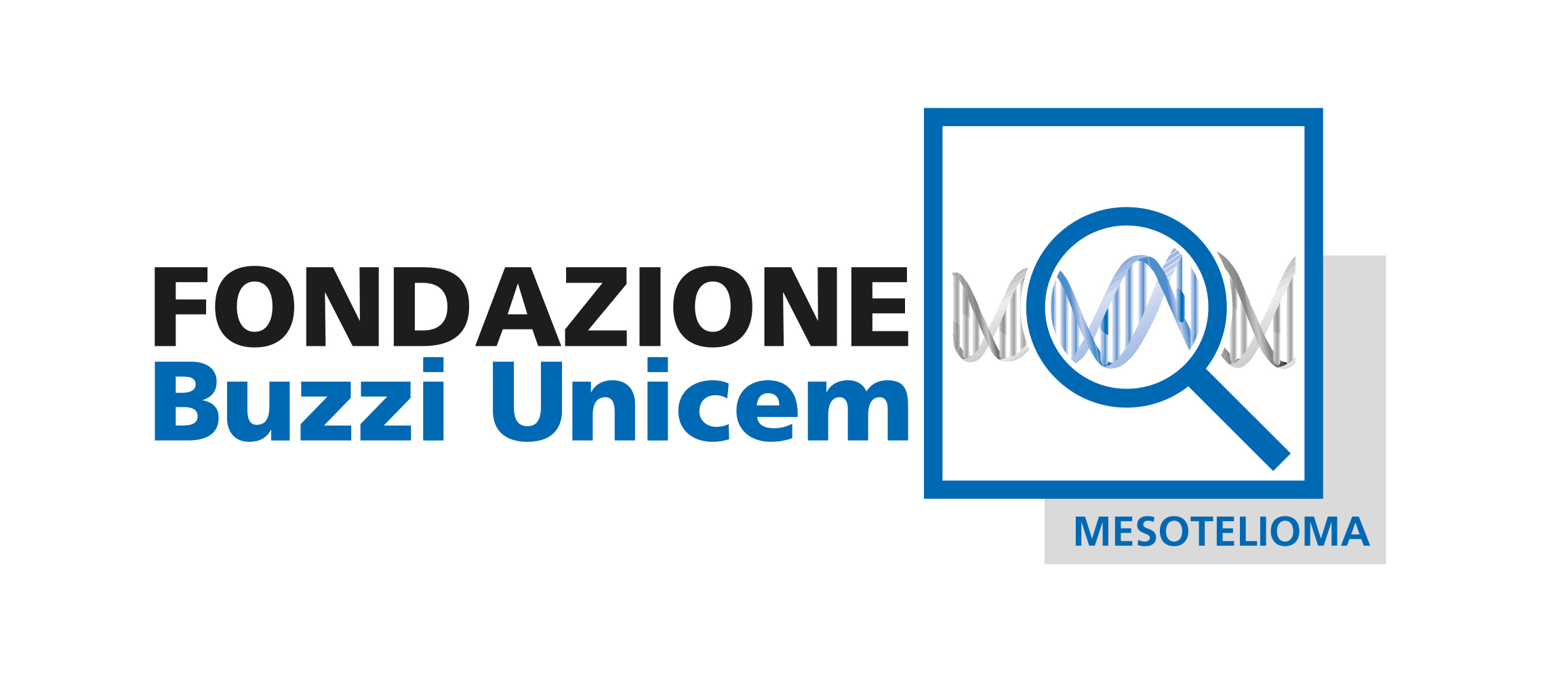Therapeutic implications of PARP activity and EGFR signaling in Mesothelioma cells
SUMMARY OF THE RESEARCH PROJECT
FUNDED BY THE BUZZI UNICEM FOUNDATION
PROJECT LEADER:
Prof. Laura Moro
SITE:
Università Piemonte Orientale Novara (University of Eastern Piedmont, Novara)
PROJECT STATUS:
Completed
RESEARCH SUMMARY:
The purpose of this project is to evaluate the clinical implications of estrogen receptors in malignant pleural mesothelioma. The study involves the role of the estrogen receptor beta (ERb) in modulating the function of epidermal growth factor receptors (EGFR) in malignant pleural mesothelioma cells, and will show clinically relevant data about the therapeutic use of gefitinib. Specifically, the data indicates that silencing ERβ confers a more invasive phenotype in the cells, increases proliferation, the level of EGFR activity and its signals downstream. On the other hand, ERβ expression in ER negative cells confers a more epithelial phenotype, diminishes their proliferative capacity and attenuates EGFR activation. It has been shown that there is interaction between EGFR, Erβ and caveolin-1 at the cellular membrane level which can modulate the activation and internalization of EGFR, thus modifying the response to gefitinib. This study provides a rationale for a more targeted use of gefitinib in malignant pleural mesothelioma and for the use of ERb agonists in treating this neoplasm. The new, interesting data presented and the in vitro results obtained may form the basis for initiating a clinical trial.
UPDATE (JANUARY 2011)
The data obtained has led to two detailed publications and has been presented at five national and international meetings.
